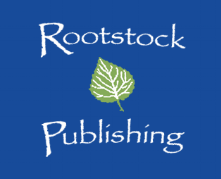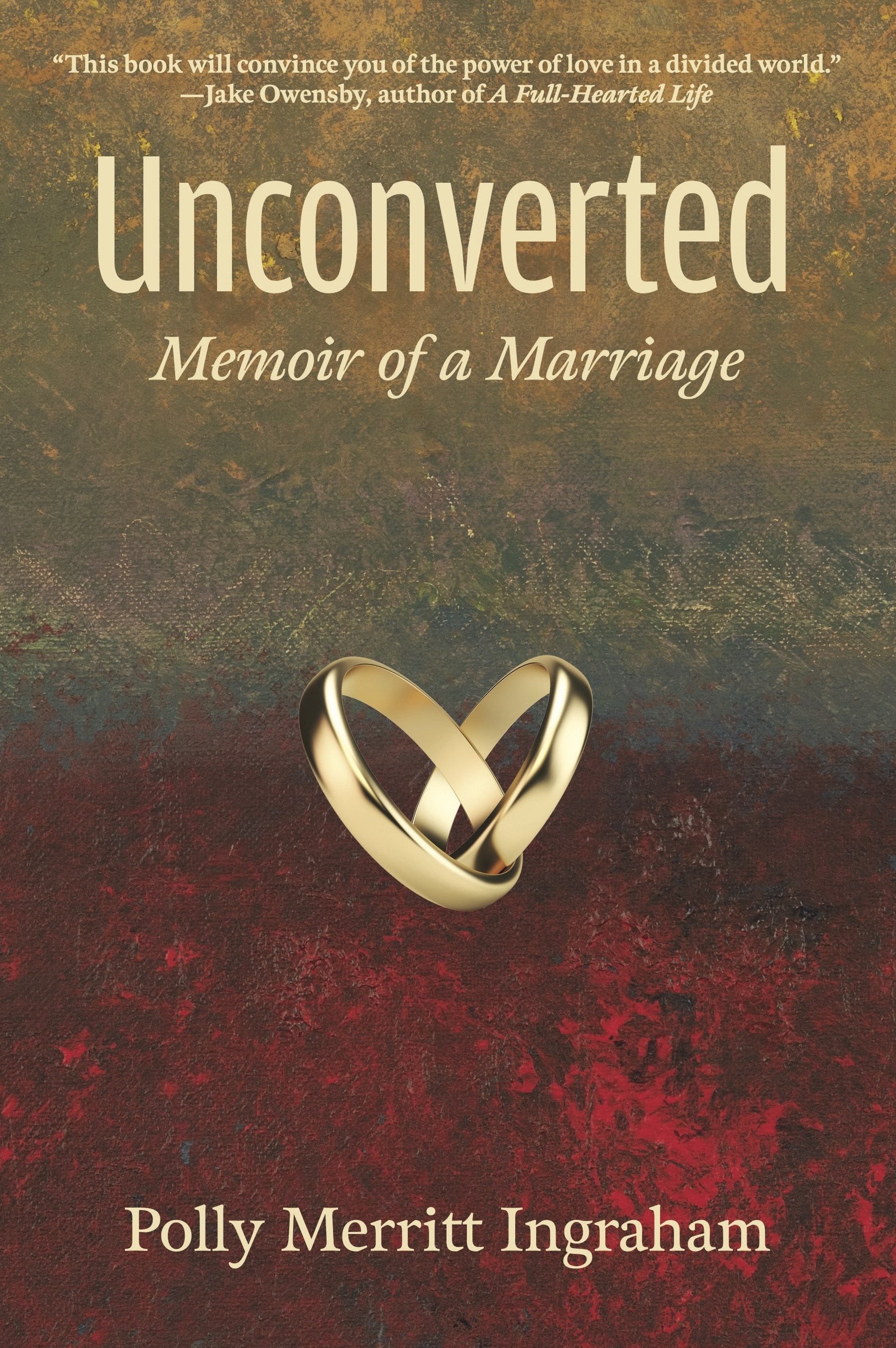Kirkus Extols ‘Unconverted’ as a ‘Beautiful Testament’
Kirkus Reviews praises Unconverted: Memoir of a Marriage as a “beautiful testament to the power of companionship” and “an honest, nuanced portrait of marriage to a pastor.” Congratulations to author Polly Merritt Ingraham!
Here’s the full review:
Ingraham reflects on her marriage to an Episcopalian pastor in this memoir.
“To find any real streak of religion in my family,” writes the author, “you’d have to turn back the clock…[to] a couple of generations ago.” Indeed, growing up in Quebec, Ingraham’s mother “looked with skepticism” at ornate churches filled with impoverished members, and by the time Ingraham herself had fallen in love with her soon-to-be husband, Rob, she had spent over 30 years without religion. Rob was not just deeply devout—he was entering Yale’s Berkeley Divinity School when the two first met, and he would spend the rest of his life as an Episcopalian pastor. While deeply in love (a sentiment that permeates the book’s pages), the couple would navigate a marriage that was, in part, defined by their religious dichotomy. Early in their relationship, Rob expressed his concern about the fact that the author was never baptized; he held a sincere belief that “baptism allows you to become one of God’s own, always protected.” In almost any other work environment, Ingraham notes, an employee’s spouse would never be expected to show up at the workplace—however, in the church, a “spouse who participates in the life of the church is a value-added component.” An atypical pastor’s wife, Ingraham forged her own life in the secular world as a Dartmouth graduate, an essayist (whose work was nominated for a Pushcart Prize and has been featured in nationally syndicated periodicals), and an educator. Using a profoundly intimate writing style, the author is unafraid to express her skepticism toward the church services that lie at the center of her husband’s career. The “foreign territory” of church—with its ancient liturgies, symbolic vestments, altars, and solemn chants—was unfamiliar to the author early in their marriage, and after participating in the service and receiving a blessing, she bracingly writes, “I flinch[ed], feeling no benefit whatsoever.” Poignantly written, this is a beautiful testament to the power of companionship and an affecting acknowledgement of the messiness of even the most loving marriages.
An honest, nuanced portrait of marriage to a pastor.

